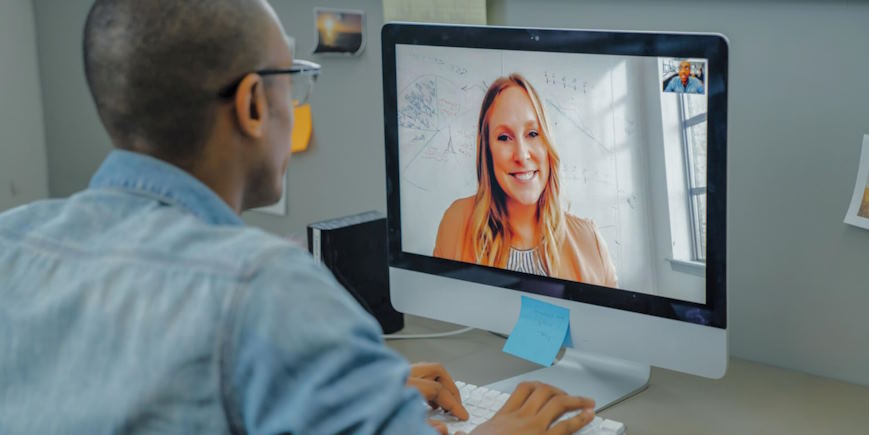What Specific Skills And Traits To Look For When Hiring Remote Employees?

The world of work is undergoing a remarkable transformation as remote work becomes an ever-growing reality for businesses worldwide. As companies embrace the benefits of virtual workforces, the quest to find the perfect remote employees becomes paramount. Beyond traditional qualifications, hiring remote talent demands unique skills and traits that enable individuals to thrive in a dynamic and ever-changing virtual landscape.
What specific skills and traits should employers consider for remote workers?
Here are some key qualities to look for:
Self-Motivation and Discipline
Remote employees must be self-driven and able to manage their time effectively without constant supervision.
Communication Proficiency
Clear and proactive communication skills are essential for remote collaboration and fostering a cohesive virtual team.
Tech Savviness
Remote employees should be comfortable using various digital tools and platforms for communication, project management, and collaboration.

Adaptability
Adapting to different work setups and handling unforeseen challenges is vital in the constantly evolving remote work landscape.
Problem-Solving Skills
Remote employees should be independent thinkers capable of resolving issues and making decisions without immediate support.
Collaboration and Teamwork
Collaborating effectively with team members across different locations is essential for seamless remote team interactions.
Initiative and Accountability
Candidates who take the initiative and hold themselves accountable for their work contribute to a successful remote work environment.
Resilience
Remote work can come with unique challenges, so resilience and the ability to bounce back from setbacks are valuable traits.
Independence and Autonomy
Remote employees should be comfortable working independently, making decisions, and taking ownership of their responsibilities.
Remote Experience
Prior experience in remote work can be advantageous as it demonstrates the candidate’s ability to excel in a virtual work setting.
Flexibility
Look for candidates who can adapt to varying time zones and occasional schedule changes to support team collaboration.
You can build a robust and high-performing remote team that thrives in the virtual work landscape by evaluating candidates based on these specific skills and traits.



